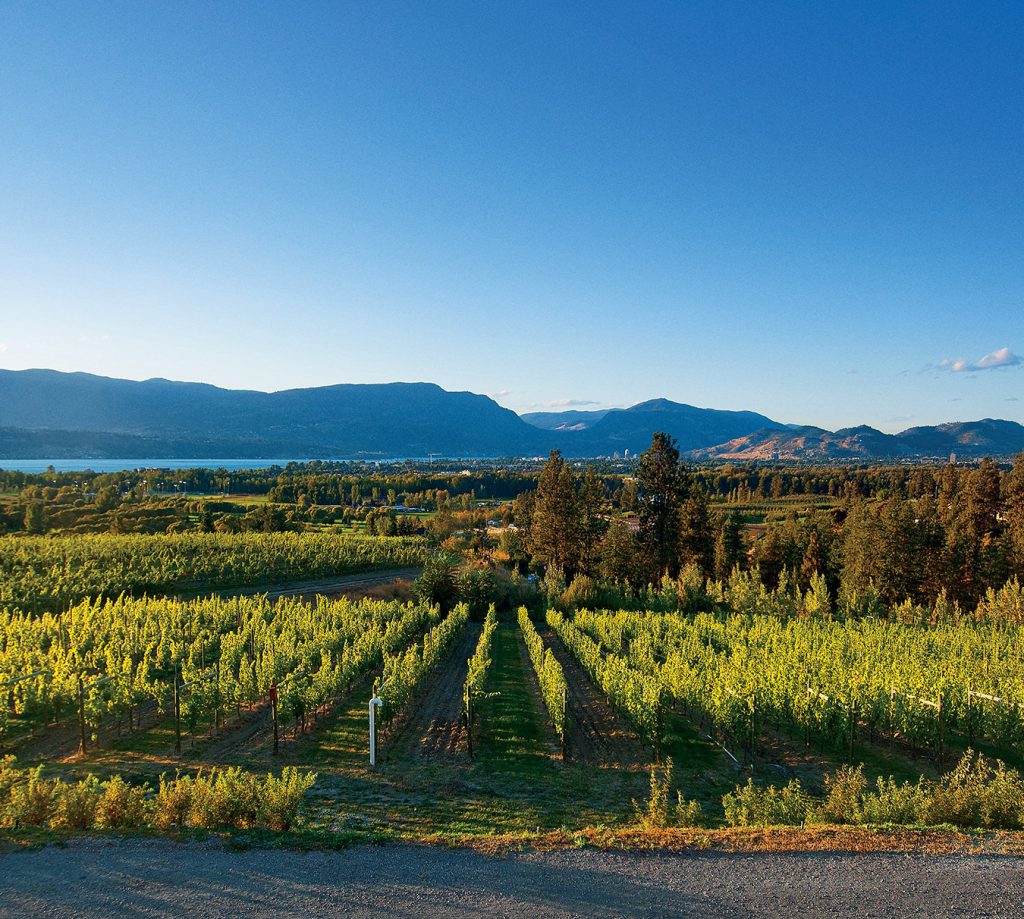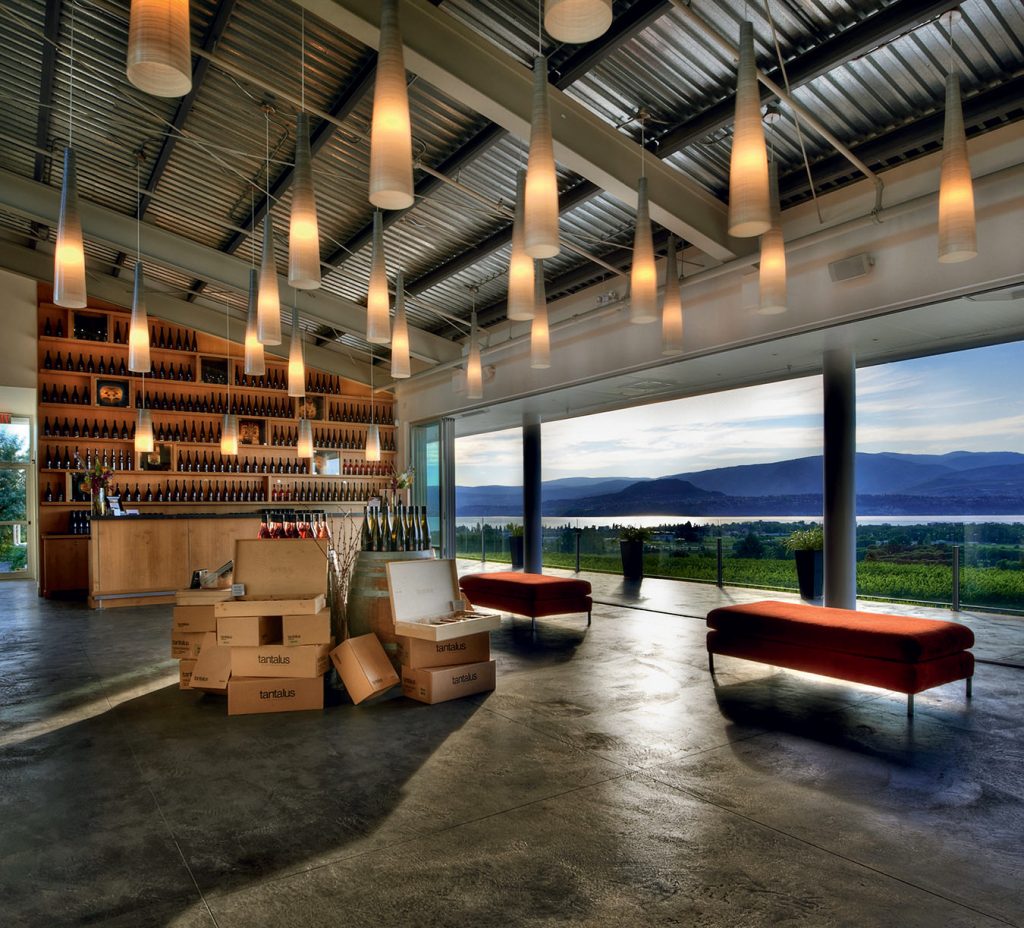The evolution of Tantalus has been fascinating to watch since Eric Savics purchased the vineyard and winery in 2004. The first hallmark steely, racy, and intense riesling that was bottled and released in 2005 caused quite a stir, and it showed B.C. winemakers that riesling didn’t have to be a simple, fruity, off-dry, boring, inexpensive, and please-everyone kind of wine. The devotion to quality has continued, and the now-familiar brand is making interesting chardonnay, pinot noir, and traditional-method sparkling wine. Tantalus seems to be getting everything spot on, from sustainable grape growing to thoughtful winemaking, the restrained yet recognizable packaging, and even down to its place in the wine community, an exemplary model for how B.C. wineries can thrive in the future.
The winemaking at Tantalus starts in the vineyards. Old riesling vines planted in 1978 and the careful selection of the best chardonnay and pinot noir clones from Burgundy for the new plantings have formed the base for quality. When Savics purchased the vineyard, he set about a major replanting, removing varieties unsuitable for the site, such as cabernet sauvignon, in order to start the chardonnay and pinot noir program.
Vineyard manager Warwick Shaw uses both a hands-off and hands-on philosophy. The hands-off is letting the soil do its thing, not pumping excessive fertilizer and water on to boost yields but letting the vines struggle just enough to produce intensely flavoured grapes. The hands-on goes naturally along with that philosophy, as less recipe viticulture means more monitoring and boots in the dirt to stay on top of what is going on. A natural balance is achieved by not using herbicides and pesticides and by incorporating organic soil and vine nutrient additions. Encouraging biodiversity also helps to maintain a more complete and fully functioning ecosystem. There are now 52 beehives on site, a mature 10-acre forest in the centre of the property, and nesting boxes throughout the vineyard to encourage beneficial bird species.
Winemaker David Paterson likes to mess with the grapes as little as possible. “I think fruit health and quality of site are of paramount importance in the quest to produce top-quality wine on a world stage,” says Paterson. Techniques like wild fermentation, lees contact, and very unobtrusive oak use have resulted in some remarkable wines. In fact, at a tasting of Canadian wines earlier this year by wine legend Jancis Robinson, the two Tantalus rieslings were ranked the two top Canadian white wines.
The model behaviour continues through other facets of the business. In May 2013, the winery received LEED Silver Certification—the first of its kind in B.C. And Tantalus is an exemplary citizen in the wine community, helping to promote the region and being an active player in sharing knowledge to advance wine quality. “Creating a wine culture and involving the entire community is really needed when attempting to create a world-recognizable wine region. We all need to create more of a sense of community, stop squabbling amongst ourselves, and become the Okanagan Valley rather than focusing on being small companies within the Okanagan,” says Paterson.
If Canadian wine is to be put on the world map, it will be ventures like these, which tick all the boxes from vineyard through to selling the wine and being a positive part of the community, that will build a reputation of which all Canadians can be proud.










